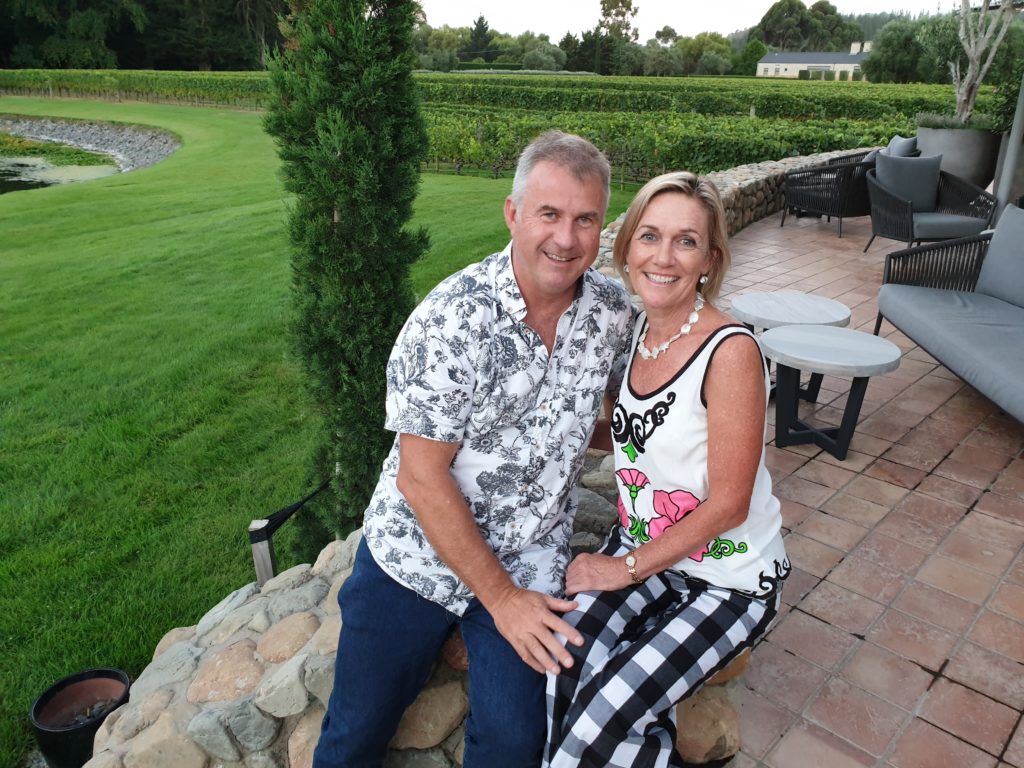Money or satisfaction you choose

The journey to discovering your true self begins with a profound realization: what you think you are isn’t the whole truth.
I’ve been thinking about this analogy that changed my perspective. Imagine standing before a full-length mirror. The reflection you see appears complete, autonomous, even confident. Now imagine this reflection becomes conscious – it can think, feel, and believe it exists independently. After years of self-improvement, therapy, and personal development courses, this reflection proudly declares, “I am self-sufficient. I don’t need you anymore.”
To gently demonstrate reality, you step halfway to the side. Instantly, half the reflection disappears. In panic, the image realizes its existence depends entirely on you. No amount of positive thinking or self-affirmation could change this fundamental truth. The reflection was real, but not in the way it believed. It was only real in relationship to you, its source.
This simple metaphor unlocked for me the primary secret to being our true self: recognizing that we are not separate, independent entities, but rather expressions of something greater.
The Illusion of Separation
I’ve found that most of our suffering stems from this core misunderstanding. We believe ourselves to be isolated individuals, disconnected from our source and from each other. This illusion creates an endless quest for validation, security, and meaning that can never be fulfilled through external achievements or possessions.
Jesus addressed this directly when he said, “The Kingdom of God is within you” (Luke 17:21) and “I and the Father are one” (John 10:30). He wasn’t making statements about his special status, but rather pointing to a universal truth about human identity.
Beyond Self-Improvement
In my work with clients, I’ve seen how the conventional approach to growth focuses on improving and perfecting the separate self. We create vision boards, recite “I am” statements, and pursue achievements designed to enhance our identity. Like the reflection claiming independence, we’re trying to make the image more perfect while misunderstanding its fundamental nature.
The Way of Mastery teachings suggest a different approach: “The only journey worth taking is the journey from fear to love.” This shift isn’t about making the separate self better, but rather recognizing that beneath our constructed identity lies an already perfect being connected to infinite love.
The Mirror and the Source
The mirror analogy reveals why the self-improvement treadmill leaves so many exhausted and unfulfilled. I’ve watched countless clients struggle with this. The reflection cannot improve itself into existence independent of its source. Similarly, we cannot “become” our true self through effort alone – we can only remove the barriers that prevent us from recognizing what’s already there.
As Jesus taught in the non-canonical Gospel of Thomas: “If you bring forth what is within you, what you bring forth will save you. If you do not bring forth what is within you, what you do not bring forth will destroy you.”
Working on Being Rather Than Doing
In my coaching practice, I’ve moved beyond traditional approaches that focus on goals, strategies, and actions – the realm of doing. I’ve discovered that transformational coaching recognizes that lasting change requires a shift in being. It’s less about what new habits you develop and more about the consciousness from which you operate.
This approach aligns perfectly with Jesus’s emphasis on inner transformation. He didn’t primarily teach behavioral modification but invited people to experience a complete metanoia – a change of heart and mind that naturally results in different actions.
The True Self in Action
When my clients operate from their true self, I witness several shifts occur naturally:
- Acceptance replaces judgment: They see beyond dualistic categories of good/bad, right/wrong, to the deeper unitive reality.
- Presence replaces anxiety: When grounded in their true identity, worries about past and future lose their grip.
- Love replaces fear: As they recognize their connection to the infinite source of love, fear-based reactions diminish.
- Purpose flows effortlessly: Rather than manufacturing meaning, they become an authentic expression of the purpose that flows through them.
The Gospel of Thomas captures this: “Jesus said, ‘If those who lead you say to you, “See, the kingdom is in the sky,” then the birds of the sky will precede you. If they say to you, “It is in the sea,” then the fish will precede you. Rather, the kingdom is inside of you, and it is outside of you. When you come to know yourselves, then you will become known.'”
The Practice of Remembering
I’ve found that the secret to being your true self isn’t about becoming something new but remembering what you already are. This remembrance isn’t intellectual – it’s experiential. It happens through:
- Silent contemplation that allows you to experience your being beyond thought
- Mindful awareness that notices when you’re identified with the “separate self” story
- Compassionate presence with others that reveals your essential oneness
- Letting go of the constructed narratives that maintain the illusion of separation
The Mirror’s Wisdom
The mirror metaphor offers profound insights. Just as the reflection “owes no allegiances to anything except that of which it is the image,” we find our authentic identity only in relationship to our source. In religious language, we are “made in the image of God” – our true nature reflects the divine.
When we understand this, we release the exhausting effort to maintain a separate identity. We recognize what Jesus meant when he said, “Whoever finds their life will lose it, and whoever loses their life for my sake will find it” (Matthew 10:39).
Beyond “I Am” Statements
There’s nothing inherently wrong with positive “I am” statements. But in my experience, their transformative power is limited if they’re used to strengthen the separate self. True transformation comes when “I am” becomes a recognition of your divine nature rather than an affirmation of personal attributes.
Instead of “I am successful” or “I am confident,” the most powerful realization is simply “I am” – the recognition of your existence as an expression of the infinite.
The Ultimate Secret
The #1 secret to being your true self is surrendering the idea that you are separate from your source. Like the reflection recognizing its dependence on the person before the mirror, this surrender isn’t a loss but a liberation. It frees you from the impossible task of maintaining an autonomous identity and returns you to the simple joy of being an authentic expression of love.
As you embody this truth, your life becomes less about achievement and more about expression. You move beyond the endless quest for self-improvement into the freedom of self-realization. The journey from who you think you are to who you truly are isn’t really a journey at all – it’s an awakening to what has been true all along.
I’ve seen this transformation in my own life and in the lives of countless clients. The moment we stop trying to perfect the reflection and recognize our true nature, everything changes. And that, I believe, is the ultimate secret to being your true self.
Written By Grant Wattie
Related Posts
Loving Your Midlife Marriage: How to Get More Intimacy and a Life You Really Love
Midlife can be a crossroads for many marriages. With careers at their peak, children growing more independent, and decades of shared history, couples often find themselves asking, "Is this all there is?" or "How did we drift so far apart?" The good news? Midlife is...
DEFUSING THE LEADERSHIP TIME BOMB: What To Do If Your Report Feels Intimidated By Your Leadership Style
In today's complex professional environments, workplace tensions can develop unexpectedly, even with the best intentions. One particularly challenging situation for managers is discovering that a team member perceives their leadership approach as intimidating or...


0 Comments